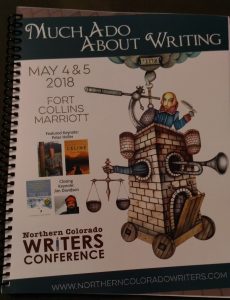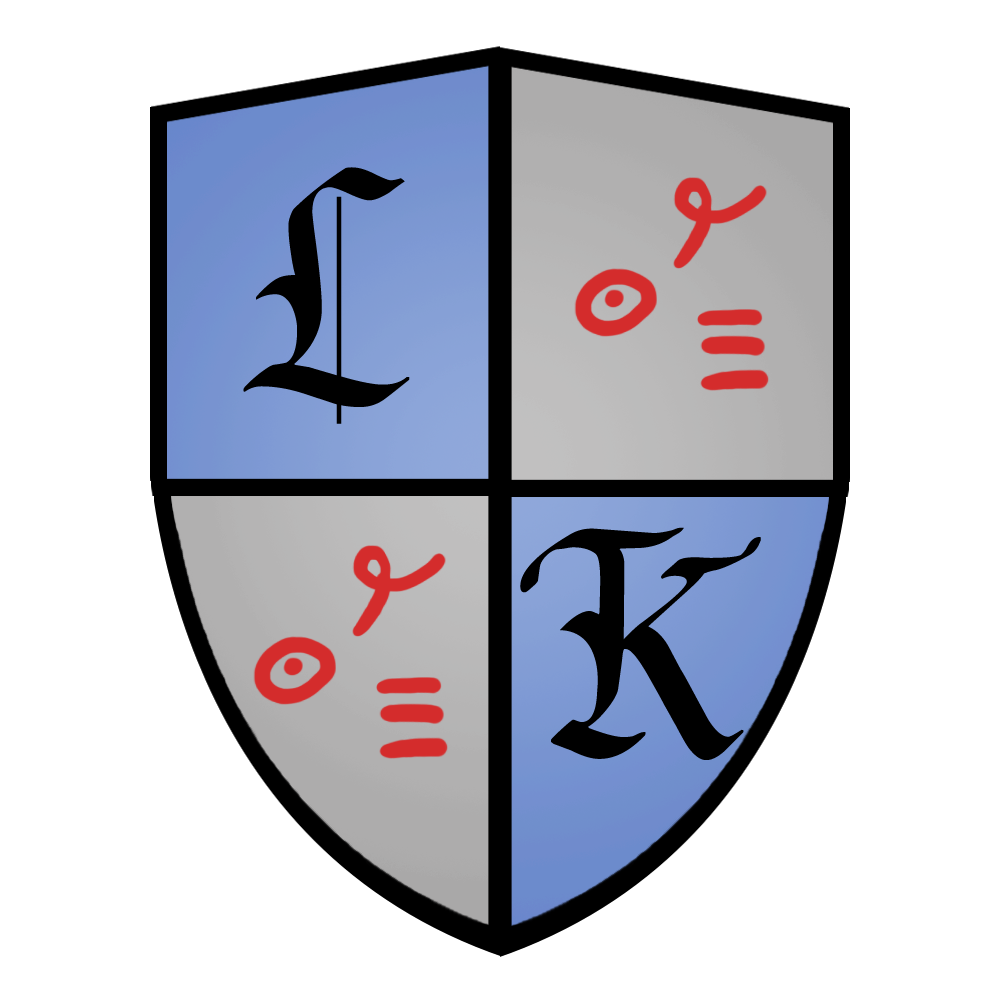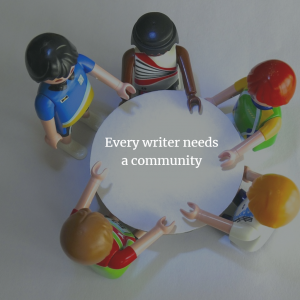Writing may be a solitary endeavor, but it is definitely not a solitary art. That probably doesn’t make sense. Let me explain.
Writing is between you and the paper (or screen). Unless you’re writing with a co-author, you will be the one putting together the words. But the art of writing shouldn’t be done alone. Beyond the fact that every writer needs an editor, every writer needs a community—like King Arthur needed his knights. I think most every writer you ask will say the same thing. So today, I’m going to talk about just a few ways you can find a community and how a writing community can help you.
Writing Groups

My first writing group was my junior high’s creative writing club. We would meet once a week and read pieces of our books to each other, brainstorm together, and write silly short stories. I joined different writing clubs and groups throughout high school and college and just had a lot of fun with fellow writers. We gave each other encouragement and ideas. Perhaps most importantly, having a group made us share work that we might otherwise have buried in a drawer somewhere. The first step to becoming a published writer (aside from actually writing something) is to share what you’ve written with others. A writing group is a great way to start.
I’ve found it much harder to find a writing group when I’m not in school. But it can be done! I actually just started one with a few friends from church after we realized we all like to write. You never know which of your friends might actually be a closet writer. Or maybe you know your friends are writers. You may just have to take the initiative and start a group yourself!
If you really can’t find anyone near you who likes to write, the internet is a wonderful thing. Social media is a great way to meet new writers. Facebook, Twitter, even Instagram. Meetup.com. And others I’ve never even tried. See if your area hosts any writer’s associations. If you’re in Colorado, check out the Northern Colorado Writers group. They host many monthly activities geared towards helping writers write (I’ll be going to a write in next Monday!) and meet each other. The NCW website also has a directory that includes a section on writers looking for writing groups. They even host a writing conference every year (read about this year’s here). Chances are your area will have a similar group.
Shut Up and Write
The NCW newsletter actually introduced me to this next writing community, but others have found it through Meetup.com. Shut Up and Write is apparently an international effort to help writers overcome procrastination, writers block, distractions, or anything else that’s keeping them from writing. The Fort Collins group meets every Wednesday from 7:00-8:30. After fifteen minutes of introductions, the group does what the title suggests: shut up and write. For a full hour, we all sit typing or scratching away on our individual projects. We don’t share what we’ve written, we don’t discuss or critique, we just sit and write. And then socialize afterwards, if we feel like it.
I’ve found this to be a really great way to just get things written. Something about sitting surrounded by other people who are also working just helps me focus and not procrastinate. It’s like silent (and good) peer pressure. If all these other people are writing, then I can too.
And you never know when you might find a friend that you can start a more traditional writing group with.
NaNoWriMo

I first heard of National Novel Writing Month (or NaNoWriMo, or just NaNo) way back in my first writing group in 7th grade. I didn’t actually participate until after I graduated from college. The goal of NaNo is to write 50,000 words of a novel in one month. That sounds like a lot at first, but once you break it down into 1,667 words/day, it becomes a lot more manageable (though still a challenge!). The website helps you keep track of your words, and provides you with statistics and graphs to help you chart your progress. It has also expanded to Camp NaNo, where in April and July you can set your own goals.
But NaNo is more than just a statistic tracking website. It is a community of writers. NaNo was actually where I first discovered the benefits of writing silently in a room with other writers. If you’re lucky enough to have an active local NaNo group, the month of
November will be full of write-ins. But even if you can’t physically go out and write with people, join the online community.
Each local group has a forum on the website. Your group leader will post motivational messages, and you can ask any questions you have about your novel or writing in general. In the Fort Collins group, the leader always provides the opportunity to turn NaNo into a contest. My first year, those who wanted some competition were sorted into the four Hogwarts houses. Knowing that I would let Slytherin down if I didn’t write my 1,667 words that day was all that kept me writing, some days. And I emerged from November with 50,000 words of a novel! The next year, I added 50,000 more. (Actually, despite winning NaNo twice, I haven’t actually finished the novel—but this year is the year!)
If you haven’t tried NaNo, I highly encourage it. Even if you don’t write 50,000 words, you will have the opportunity to join a community of fellow writers who are all more than happy to help you on your journey without judgment.
Join a Writing Community
Whether through a traditional writing group, Shut Up and Write, NaNoWriMo, or some other method, I hope you will find your own community of writers. We all need encouragement and motivation, people to bounce ideas off of, and an audience on whom to try out our fledgling works. Find a group of like-minded knights and create your own round table! We are stronger when we work together.



